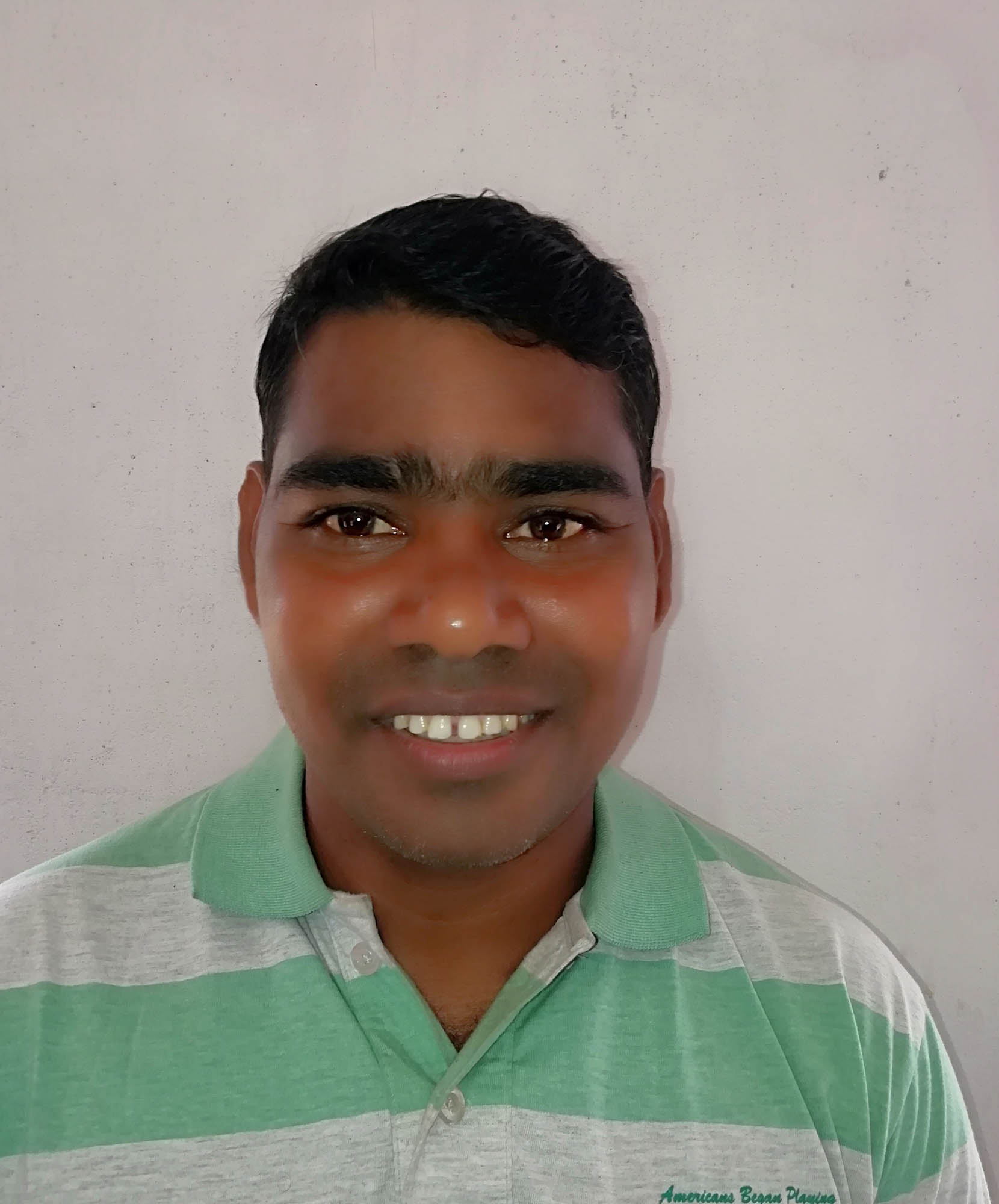BHASKAR SUNAMAJHI (43) is one of seven Christians falsely accused and convicted of the August 2008 murder of a Hindu leader in the Kandhamal district of India’s Odisha State. The killing triggered the worst eruption of Christian persecution in modern Indian history. Almost 100 Christians were killed, while 300 churches and 6,000 homes were destroyed. In December 2019, after 11 years in jail, Bhaskar, along with six fellow Christian defendants, was released on bail.
Bhaskar, who belongs to a Pentecostal Church, gave this account to Aid to the Church in Need:
“I was playing cards with my friends in Kutiguda village when the police came to my mud-thatched house around noontime on December 13, 2008. I was not surprised. Being a gram rakhi (village protector), I was used to police dropping in even at odd hours to fetch me to accompany them for crime investigation and sundry works.
“Come now. You can return tomorrow,’ police told me. Without any hesitation, I got ready. However, I was surprised when they told me to take money for my expenses. That was 11 years ago. Today I am happy and thrilled to be back home.
In the beginning, I had no idea why I was put in jail. It was like complete darkness surrounded me. Gradually, I came to know the six other Christians who had been arrested like me. We decided to pray together, trusting in the Lord as we had done no wrong.
“Initially, other (Hindu) prisoners treated us as murderers and they were hostile to us. It was a hopeless situation. When the mind was so distressed, prayer was the only solace for us. Besides our common prayers, I would start every day in prayer and end with prayer.
“Some nights I was so distraught and tearful. Then I kept on praying late into the night until I fell asleep. But for the prayers, I would have been a mental wreck.
“The one positive thing that happened to me while in the jail was that I learned to write properly. I had been never been to school—like most people in our remote area, I used the spare time in jail to learn to write.
“Besides reading the Bible, I used to write down hymns we used during prayers in a notebook. I would write each stanza of the hymns prayerfully in different colors.
”My big relief was when my wife Debaki would visit me every month. She had to travel the whole day from our village to reach the jail in Phulbani, a 100 miles from home, changing several buses on the way. She would reach the jail gate in the morning and would wait for the ‘visiting time,’ which was often in the afternoon.
“When our only son Daud was four years old, Debaki decided to leave him with a pastor in Phulbani who was sheltering several other children. As there was no school anywhere near our village, we did not want our son to be illiterate like us. Sometimes, she would bring Daud along to jail. I was thrilled on those days. Daud was only six months old when I was put behind bars.
“During the visits, Debaki often broke down in tears, as she was lonely and depressed. As years passed, she started telling me how good Samaritans were extending help to our families. From 2014 onward, she began to sound more hopeful. She recounted enthusiastically about social workers and others visiting our villages and documenting testimonies of even Hindu neighbors.
“In 2015, I was thrilled when some of these people dedicated to helping me visited me in jail. I was very happy and started earnestly praying for those who were working for our release.
“Months later, Debaki came with the good news that she was going to New Delhi in March 2016, along with the wives of the six others, for the launch of the online campaign demanding our release.
“All of us became excited and very hopeful. We intensified our prayers and were waiting for the big day. We knew freedom was on its way. But we had to wait for three more years.
“When Gornath Chalenseth was released in May 2019, we were thrilled. We knew God was working for us. Finally, on December 5th, I walked out to freedom on bail—granted by the Supreme Court of India.
“I felt thrilled when all seven of us stood together in freedom, holding the Bible, on Christmas Eve in our native village of Kotagarh. Equally thrilling for me was that my son had become taller than me in 11 years. I am happy to be back with my wife Debaki, relatives and village people. I thank God for my freedom.
“I urge everyone to pray for us seven. We are only out on bail. We still stand convicted of a murder we did not commit. We pray that the Odisha High Court will quash the conviction verdict so that we can live in peace.”





